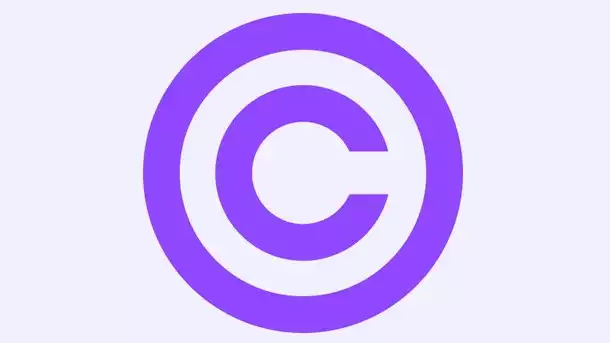Twitch faced a storm of criticism in October when it removed a large number of videos due to copyright claims. In an email shared by streamer Devin Nash, Twitch acknowledged that it did not have the option to respond or ask the streamers affected by the removals to withdraw, but that it was a good opportunity to "learn about copyright law and the tools available to manage content on the channel." He added that.
As you might imagine, the streamers did not find this approach particularly helpful. Especially since the few content management tools available were mostly the work of third-party developers, not Twitch.
In a lengthy update posted today, Twitch apologized for its mishandling of the situation, including its failure to develop an effective set of tools for streamers, but stated that the real underlying issue, copyright claims against streamers, was beyond Twitch's control.
"Until May of this year, streamers received fewer than 50 music-related DMCA notices on Twitch each year. But in May, representatives of major record labels began sending thousands of DMCA notices each week targeting creators' archives, most of which were snippets of songs contained in clips from years ago," Twitch explained." We continue to receive a high volume of notifications and don't expect that momentum to slow down."
Twitch explains.
Twitch said it was surprised by the sudden flood of complaints and realized the need for better content management tools and "educational programs" for streamers. In addition, an analysis of the DMCA notices the company received between late May and mid-October revealed that nearly all of them (over 99%) were for music that was simply playing in the streaming background.
Twitch explained that the DMCA obliges Twitch to remove the offending videos, but because the situation was "unusual," i.e., the claims were for old (sometimes very old) content, the company chose to remove them without a copyright strike. Instead, it sent the warning email embedded above to provide content creators "a reasonable opportunity to understand that content created in the past is being targeted for alleged copyright infringement and an opportunity to change their approach to music use before being struck."
"This has resulted in the current situation, which is understandably frustrating and worrisome to many of you. Given this situation, the warning email that many of you received did not contain all of the information that you would normally get in a DMCA notice," Twitch said. Such information typically includes information about the infringing content, who filed the complaint, how they can be contacted, and what penalties repeat offenders may face, but the warning email did not include any such information.
Twitch states that it is doing its best to satisfy everyone, but admits that it does not have enough tools to help creators effectively manage their VOD and clips.
"You are rightfully upset that the only option we offered was a clip mass deletion tool, and we gave you only three days notice to use this tool. We could have developed a more sophisticated and user-friendly tool long ago. It is our fault for not doing so. And we could have given creators a longer timeframe for VOD and clip libraries. We are truly sorry for this mistake.
We are currently working to make it easier to detect and remove copyrighted audio, to allow more control over what audio from live streams is included in recorded video, and to allow streamers to review allegedly infringing content when they receive DMCA notices. We are focusing on three areas of improvement: allowing for full review. They are also "actively talking with major record labels" about a Twitch-wide licensing agreement for music, but warn that the traditional licensing system is not suitable for live streams and that "such an agreement would generate significant revenue for creators."
For now, the recommendation is to not stream music that could be hit with a takedown notice. And it's not just people playing 8-tracks of Zeppelin on their "Just Chatting" streams: licensed music in games can be a problem, too; Twitch says it has received only a "handful" of DMCA complaints about music in games. While this is a legitimate concern, especially in light of the recent conversation about whether streamers should pay developers to stream their games, Twitch urges streamers to examine the EULAs of games that use licensed music to determine their rights and restrictions
Gun Media Media, Inc.
Gun Media President Wes Keltner posted four short videos on Twitter on this topic:
Twitch also stresses the importance of streamers learning more about copyright law and the DMCA. To help, Twitch has created a "Copyright and Your Channel" Creator Camp page and posted videos answering questions submitted by the community: "DMCA Overview," "Twitch Musicians and the DMCA," "Copyright and Twitch Content Management," and four more Creator Camp sessions are planned, as well as FAQs on the new DMCA and copyright, and a UserVoice forum dedicated to copyright questions.
While a step in the right direction, there is not much help on the practical side at this time, and reactions have been mixed. While some Redditors in this thread point the finger of blame at abusive record companies and legislators who can't keep up with technology, others see the real problem as Twitch's unwillingness to take action until the situation became critical, and the same is true of the response on Twitter: "The problem is that Twitch is not taking action until the situation becomes critical.
.

Comments